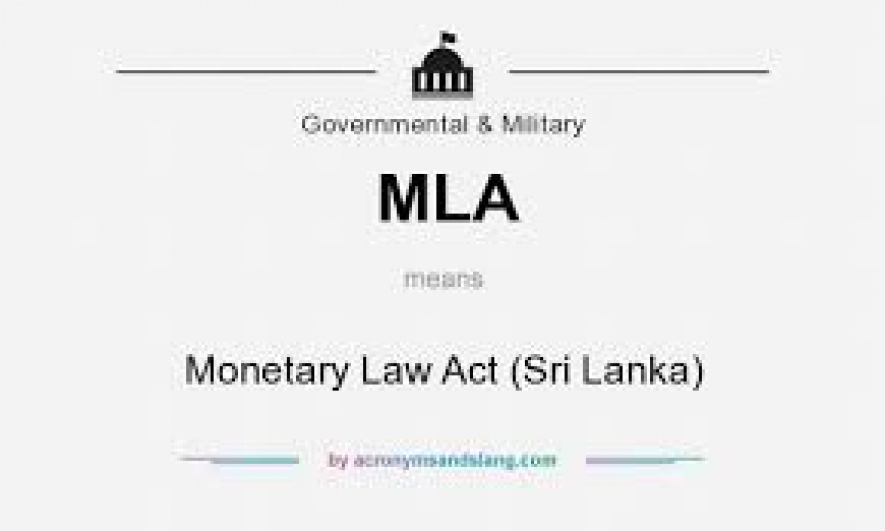Cabinet approval was sort to, “To improve governance of the Central Bank, to strengthen Central Bank independence and facilitate the adoption of Flexible Inflation Targeting as the monetary policy framework in order to ensure sustained price stability in Sri Lanka and to strengthen financial sector oversight”.
This would thus require amendments to Monetary Law Act No 58 of 1949 in line with international best practices in central banking.Cabinet approval was granted to prepare a comprehensive draft of the amendments with the technical assistance from the IMF and submitted to the Cabinet of Ministers for the approval by end of 2018.
As proposed by the Bond Commission, the PM has proposed that amendments seek to subject the appointment and the removal of the Governor of the Central Bank to a constitutional process. In addition amendments will introduce codes of conduct for the Governor, members of the Monetary Board, senior management and all other officers of the Central Bank with appropriate approval authorities and review processes for such codes.
Further the corporate governance principles applicable to the position of the Governor, members of the Monetary Board and senior management of the Bank including fitness and propriety of such persons to hold position in the Bank, enhanced disqualification criteria based on such fitness and propriety, management of conflict of interests and disclosure of interests in transactions with the bank, etc.. will be introduced.Amendments will also be introduced to strengthen Central Bank independence and facilitate the adoption of flexible inflation targeting as the Monetary Policy framework to ensure sustained price stability.
The Prime Minister further asked that the prime objective of the Central Bank be price stability while financial system stability could be recognized as its core objective. To introduce transparency into the Monetary Policy formulation process, the workings of the Monetary Policy Committee (MPC) which recommends monetary policy stance to the Monetary Board has been looked into.Accordingly, the PM pointed out that this approach was not keeping with international practices and it also suffered from a serious shortcoming; that the members of the Monetary Board are detached from detailed internal policy deliberations at early stages of the monetary policy formulation.
He proposed to strengthen MPC and to establish the Governor, Deputy Governors and appointed external members as well as international members as deemed necessary as member members of the MPC. Further the voting right of the Secretary to the Treasury be removed to address conflict of interest in monetary policy decisions.Amendments have also been proposed to “define the authority to set inflation targets, the agreed time horizon to achieve stipulated targets, reporting requirements with regard to the performance of achieving inflation targets and possible deviations, public communication and the accountability procedures in case of missed targets”.
The paper finally also asked to introduce a broader legal framework to the Monetary Law Act that facilitates macro prudential surveillance while strengthening the Central Bank’s powers on regulation and supervision of financial institutions.



















